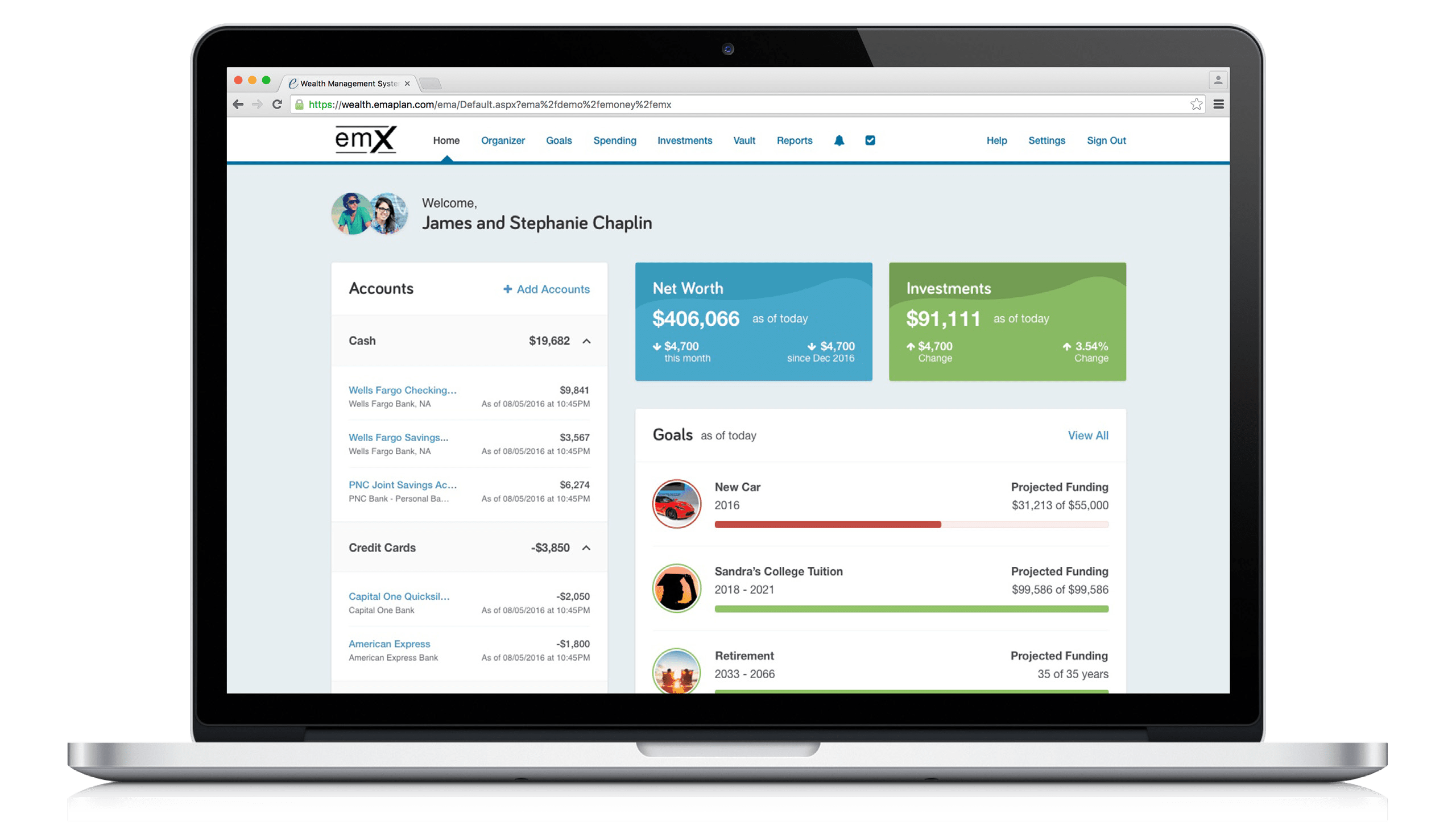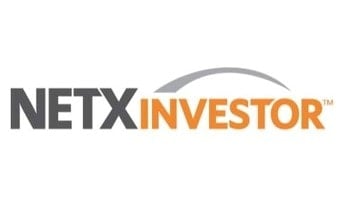Because many employees are now in their open enrollment period where they can update their choice of employee benefits, we are re-posting some advice from a year ago, with added commentary. Here are a few things to consider when you’re selecting your benefits.
Medical insurance
Every year, you should re-evaluate your medical insurance needs and check for changes in plan costs.
- Make sure the plan covers the services you need: preferred doctors, medications, mental health, chiropractor, etc.
- Estimate your out-of-pocket costs from deductibles and co-insurance. Keep in mind the out-of-pocket maximum.
- Choose a plan that has the lowest combined cost of premiums plus out-of-pocket costs.
High deductible health plans (HDHP) and Health Savings Accounts (HSA)
An HSA is one of the best long-term savings accounts available if you have minimal medical needs. You must sign up for an HDHP before you can contribute to an HSA.
- If your medical expenses are low, an HDHP may be an affordable option.
- If you have an HDHP, you may also make tax-deductible contributions to an HSA (subject to an annual limit)
- Some employers will also contribute to an HSA on your behalf
- HSA savings can be used tax-free for medical expenses and unused funds will carry forward to future years
- Investing your HSA funds is the most tax-efficient way to save for the long-term
- Griffin Black can help you determine if an HDHP is right for you and help you comply with the HSA rules.
Life insurance
As your family needs change, it’s important to look at the life insurance you receive from work as well as insurance policies you’ve purchased on your own in order to shape the best overall coverage.
- Most employers offer free group life insurance and additional insurance coverage can be purchased without a medical exam
- Employer life insurance premiums will increase with age and the insurance might not be portable if you leave the company
- Individual term life insurance might be less expensive with a fixed premium, but requires medical approval
Flexible Savings Accounts (FSA)
FSAs can be a tax-efficient way to pay for a variety of expenses.
- Many employers offer FSAs for specific purposes, such as dependent care
- FSA contributions are pre-tax, but must be spent within the year
- You cannot enroll in an HSA and a general-purpose FSA at the same time (including your spouse)
Miscellaneous
Do explore the more creative benefits your company provides. There is some real value in these offerings because employers are competing hard for their talent.
- Some employers offer reimbursements for things like public transportation, gym memberships, education, and charitable contributions
If you would like help reviewing your employee benefit options, contact your advisor at Griffin Black.
Photo by James Pond on Unsplash



